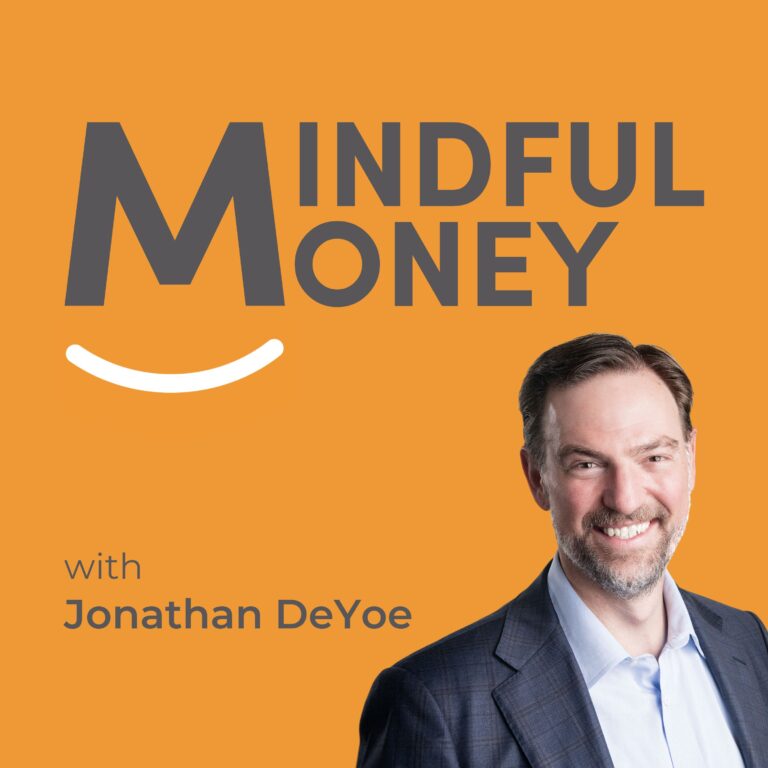I am very anxious about a lot of things, but “not running out of money” tops my list. It took me a long time to identify the source of this anxiety, but now I know it stems from growing up in a family that had very few resources –
and knowing how close we were to the edge, for about 12 of my formative years.
It isn’t a surprise to me that many people share similar anxieties around money. In trying to help, I have built simple, retirement-income focused analyses to give people a big-picture overview of what “enough” looks like; I have created very detailed, multi-page spreadsheets to create comprehensive pictures of “enough” given multi-variant conditions; and, I have employed 3 different off-the-shelf financial planning software packages to express, in the deepest, most exhaustive way, the idea of “enough” for families I’ve worked with over 2+ decades.
Given the exhaustive extent to which I have created these in-depth analyses, and the incredibly conservative assumptions (high on inflation; low on returns; & stress-testing) which we have relied upon, I have always been surprised when the occasional client family still has a hard time believing that they will be OK… that they will have “enough.”
I turned 50 in November of 2021. And, for the first time amid all my prior personal calculations and these plans I have done for others, I decided to hire a professional to do a comprehensive plan for my family. I wanted to be the client for once. I wanted an objective opinion.
She sent me the profiles and the questionnaires. I dutifully uploaded all the details about my taxes, my insurances, the mortgage, investments, and my employee benefits. She asked me about the goals, the basic expenses, the hoped for vacations, the retirement date, and the dreamed of life. Over a couple weeks, she gathered info and asked follow-up questions.
When all the data was in and all the questions were answered, we scheduled a time for me, Kate and the planner to walk through our plan. We spent 100 minutes going over cash-flow worksheets and net-worth statements; we tweaked market assumptions and created what-if scenarios… just like I have done with hundreds of client families over the years.
We stress-tested the plan: We excluded bonuses (that are very likely to be achieved), we increased expenses (from an already exaggerated level), we boosted inflation, we assumed early retirement, and we factored in multiple bear markets.
We concluded that the plan works. She told us that we will have enough. And now, for the first time… I understand.
Nope, it’s not what you are thinking. I don’t have a sense of relief. I didn’t understand that “we will have enough.”
The thing I understand, for the first time, is the quizzical, disbelieving look on clients faces when I have said, “This looks great, you’ve saved well, and you have enough.” I understand in a way I could not understand, before the cognitive dissonance of hearing “You have enough; you’re going to be OK,” without believing them.
I heard the words, which were spoken very clearly and calmly. But I did not have the capacity to believe them.
My immediate involuntary response was to wonder what we missed. I’ve run the numbers a hundred times – each time more conservatively than the last – and I know with my head that they work.
Yet, I am still anxious.
It’s easy to avoid the bus you see coming; it’s the bus you don’t see that gets you, right? What are we missing? Should we be even more conservative? There are always more questions…
And that is the problem with a fear that stems from the anxiety of the child inside me who is deeply and permanently afraid of not having enough.
It isn’t an issue of more data or more planning iterations.
For the planner, it is an issue of compassion and patience.
For the person who cannot hear the words (for me), it’s an issue of emotional intelligence, working through stored trauma, self-awareness, and self-care. It is seeing ourselves for who we are, admitting the difficulties, learning how to trust, and loving ourselves regardless.
This effort continues.





